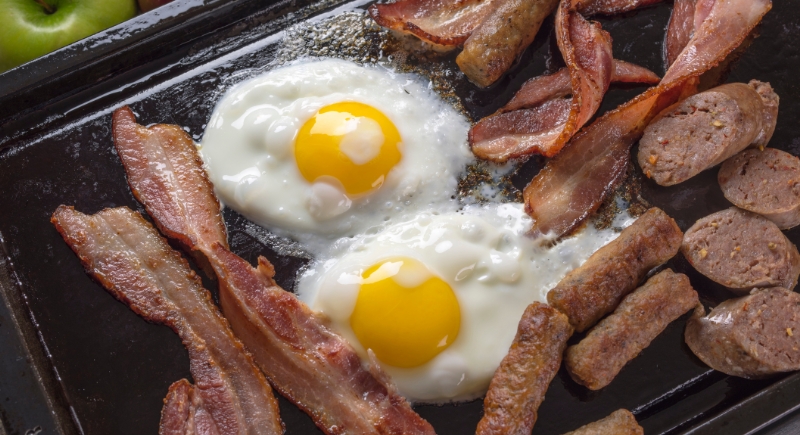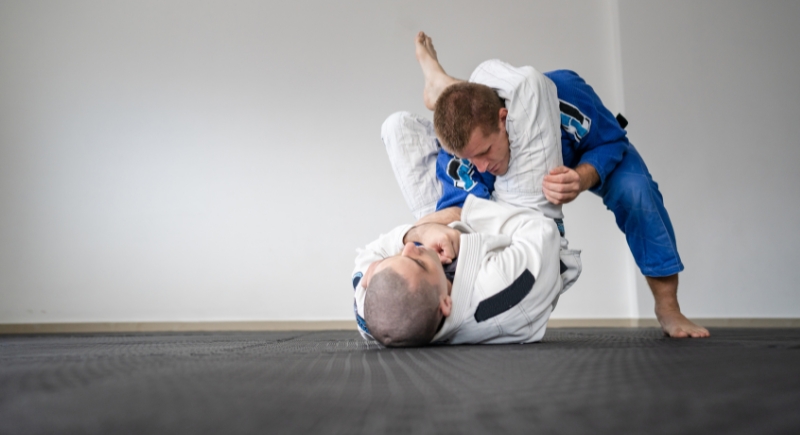The Unconventional Game-Day Method Tua Tagovailoa Is Using to Help Prevent Concussions
Tua Tagovailoa knows what it means to play through risk. Multiple concussions across his career have forced the Miami Dolphins quarterback to rethink how he prepares. This season, he’s added a new, medically guided method to reduce concussion risk: adjusting his game-day nutrition.
The change involves a combination of increased carbohydrate intake and hydration, intended to improve fluid retention in the body and brain.
Carb Intake Supports Hydration and Brain Protection

Image via Getty Images/4kodiak
Tagovailoa’s medical team suggested adjusting his nutrition after reviewing gaps in his game-day preparation. In previous seasons, his meals lacked carbohydrates. He focused on protein-heavy foods like eggs, bacon, and sausage, and often skipped bread or other carb sources. Without carbs, fluids moved through his system too quickly to stay effective.
Doctors explained that proper hydration doesn’t just depend on water alone. In fact, carbohydrates help the system absorb and retain fluid. This matters because the brain sits in a cushion of fluid that helps absorb impact. If the body stays better hydrated, that protective layer remains more stable. For a player with a history of head injuries, even small modifications in fluid balance could affect how his brain handles contact. Tagovailoa has since started eating more carbs with his meals before kickoff.
Technique Adjustments Include More Sliding, Less Contact
Beyond food and water, Tagovailoa has worked on reducing unnecessary impact during games. One of the biggest adjustments involves sliding more often when he runs. In previous seasons, he sometimes lowered his shoulder and tried to gain extra yards, which put him in direct collisions with defenders.
Now, he’s opting to go down earlier and avoid those hits. In a recent game against the Jets, he slid at the end of a scramble and still took a hit to the head, which resulted in a penalty.
Even so, he stood up without issue and showed no signs of injury. The play highlighted how his approach has changed. He’s making quicker decisions, rather than challenging defenders head-on. The choice to slide may not eliminate all risks, but reducing the number of full-speed collisions over time lowers the chances of another concussion, which remains a priority in his career.
Jiu-Jitsu Helped Build Control During Unexpected Hits

Image via Getty Images/Miljan Živković
In 2023, Tagovailoa began practicing Jiu-Jitsu as part of his off-season routine to learn how to fall. His previous concussions included moments when he lost balance or control during contact, which led to dangerous landings. Jiu-Jitsu training helped him build muscle memory for how to respond when thrown or hit off-center. The sessions included drills where he was put into awkward positions and taught how to manage his body on the way down.
The training built awareness, which he could carry into real-time decisions on the field. He learned to adjust posture and angle to absorb force more safely. These kinds of techniques aren’t standard in football preparation, but for someone with his injury history, the approach made sense.